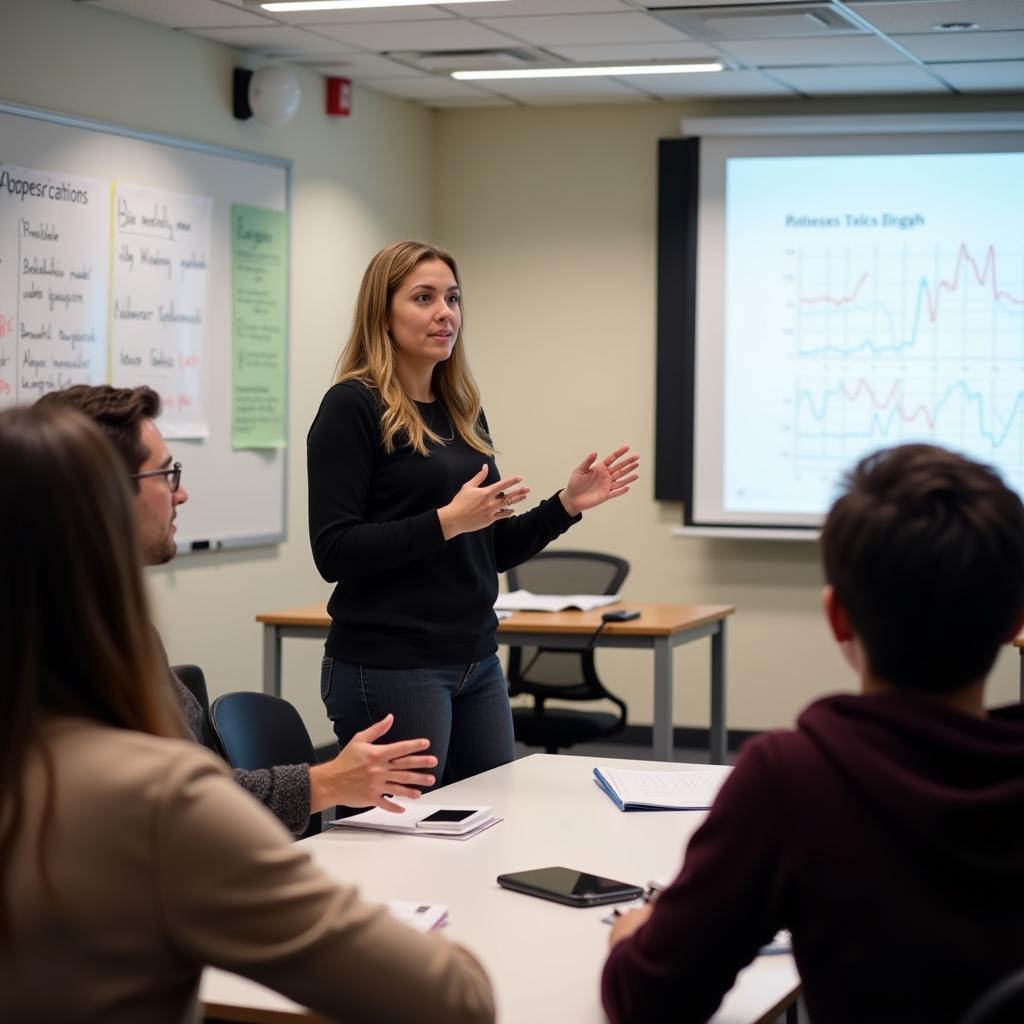Speaking naturally and maintaining a steady pace is crucial for success in the IELTS Speaking test. Many candidates struggle with rushing their speech due to nervousness or time pressure, which can significantly impact their performance and scores. Let’s explore effective strategies to help you speak more naturally while maintaining control over your pace.
Understanding the Root Causes of Rushed Speech
Before diving into solutions, it’s essential to recognize why candidates tend to rush during their IELTS Speaking test. As handling rapid-fire questions in part 3 can be challenging, understanding these causes helps address them effectively:
- Anxiety and nervousness
- Fear of silence or pauses
- Concern about time limits
- Lack of confidence in English abilities
- Cultural speaking patterns

Essential Techniques for Natural Speech Rhythm
1. Breath Control Exercises
Proper breathing is fundamental to natural speech. Practice these exercises daily:
- Deep diaphragmatic breathing
- Counting while exhaling
- Speaking one phrase per breath
- Controlled pause techniques
2. Pacing Strategies
developing natural fluency for part 2 requires mastering these pacing techniques:
- Use natural stress patterns
- Emphasize key words
- Maintain consistent rhythm
- Insert strategic pauses
Incorporating Natural Pauses
Learning to embrace pauses is crucial for natural speech. Dr. Sarah Thompson, IELTS Speaking Expert, notes: “Natural pauses aren’t signs of weakness; they’re powerful tools for clear communication.”
Strategic Pause Placement
- Between main ideas
- After important points
- During topic transitions
- Before complex explanations
using natural intonation in speech can significantly enhance your delivery.
Practical Exercises for Natural Speech
1. Shadow Speaking
- Listen to native speakers
- Mimic their rhythm and pace
- Record and compare your speech
- Focus on natural flow
2. Mindful Speaking Practice
how to speak fluently without hesitation suggests these exercises:
- Speaking while walking
- Timed topic discussions
- Mirror practice
- Recording analysis
Building Confidence for Natural Speech
improving confidence for part 3 questions is essential for maintaining natural pace. Consider these approaches:
- Regular practice with native speakers
- Recording and self-evaluation
- Participating in English discussion groups
- Using pronunciation apps
Advanced Tips for Natural Speech Flow
- Focus on thought groups rather than individual words
- Use linking words naturally
- Maintain appropriate eye contact
- Express emotions through voice modulation
Frequently Asked Questions
How can I avoid speaking too fast when nervous?
Focus on breathing techniques and consciously slow down your speech. Practice speaking one thought group per breath.
Should I use fillers to maintain natural flow?
Use minimal fillers like “well” or “you see” sparingly. Instead, opt for strategic pauses to gather thoughts.
How can I maintain natural speed during complex topics?
Break down complex ideas into smaller chunks and use appropriate transition phrases between points.
What’s the ideal speaking pace for IELTS?
Aim for 130-150 words per minute, but focus more on clarity and natural rhythm than specific speed.
How can I practice natural speaking alone?
Record yourself, use speech-to-text apps, practice shadow speaking, and analyze your recordings regularly.
Remember, speaking naturally without rushing comes with consistent practice and self-awareness. Focus on progress rather than perfection, and gradually incorporate these techniques into your daily English practice routine.